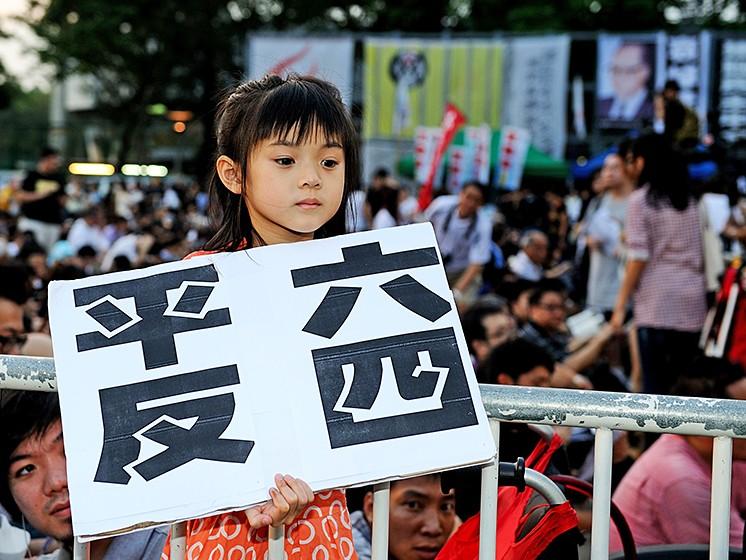NEW YORK—The Chinese New Year is a time for families to come together, but during New Year’s 10 years ago one Chinese family that now lives in New Jersey was torn apart. While the father can’t undo what happened then, he can try to rescue from a labor camp in China the woman who would have been his daughter-in-law.
One can see the calmness in John Shen’s eyes. At the age of 82, he often has to lean forward to hear. But once he understands, his words are organized and graceful.
Shen and his wife (the Shens asked that the wife not be identified by name in this article) had taken a two-day train ride from their home in northeastern China to Chengdu in Sichuan Province in southwestern China. They had come in order to sit down on Feb. 1, 2002, for the first joint New Year’s dinner with their son, Lizhi, his fiancée, Fang Luo, and her parents.
The four parents sat together and waited for their children to arrive. The children never came.
Taken Off the Bus
Lizhi and Luo had boarded the local 79 bus to come to the dinner. After they boarded and were on their way, a police car cut the bus off and policemen rushed on. Lizhi and Luo were taken away.
The Shens and the Fangs spent hours trying to reach their children, to no avail. The next day they filed a missing person’s report in Chengdu.
A month passed and eventually the Shens found out through friends that the young couple had been detained in the Chengdu Detention Center. On their first visit to the center, police officials confirmed that Luo was being held there but said they did not know about an inmate named Shen Lizhi.
John took a photo of Lizhi out of his wallet and the policeman told him his son was one of the individuals they had picked up whom they had not been able to identify.
When John and his wife demanded to see their son, the police officer turned his back and asked the elderly couple to wait. They waited a year.






